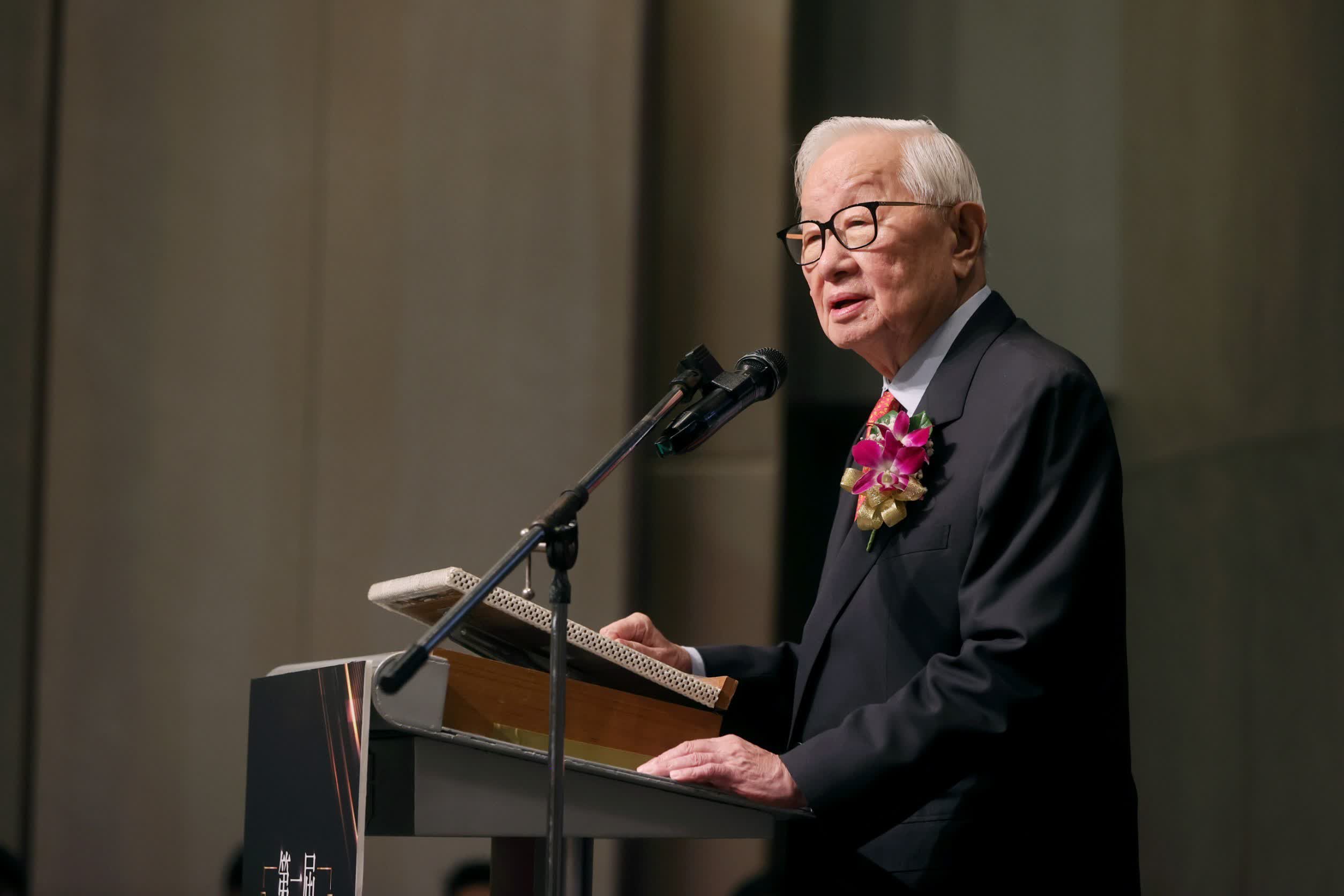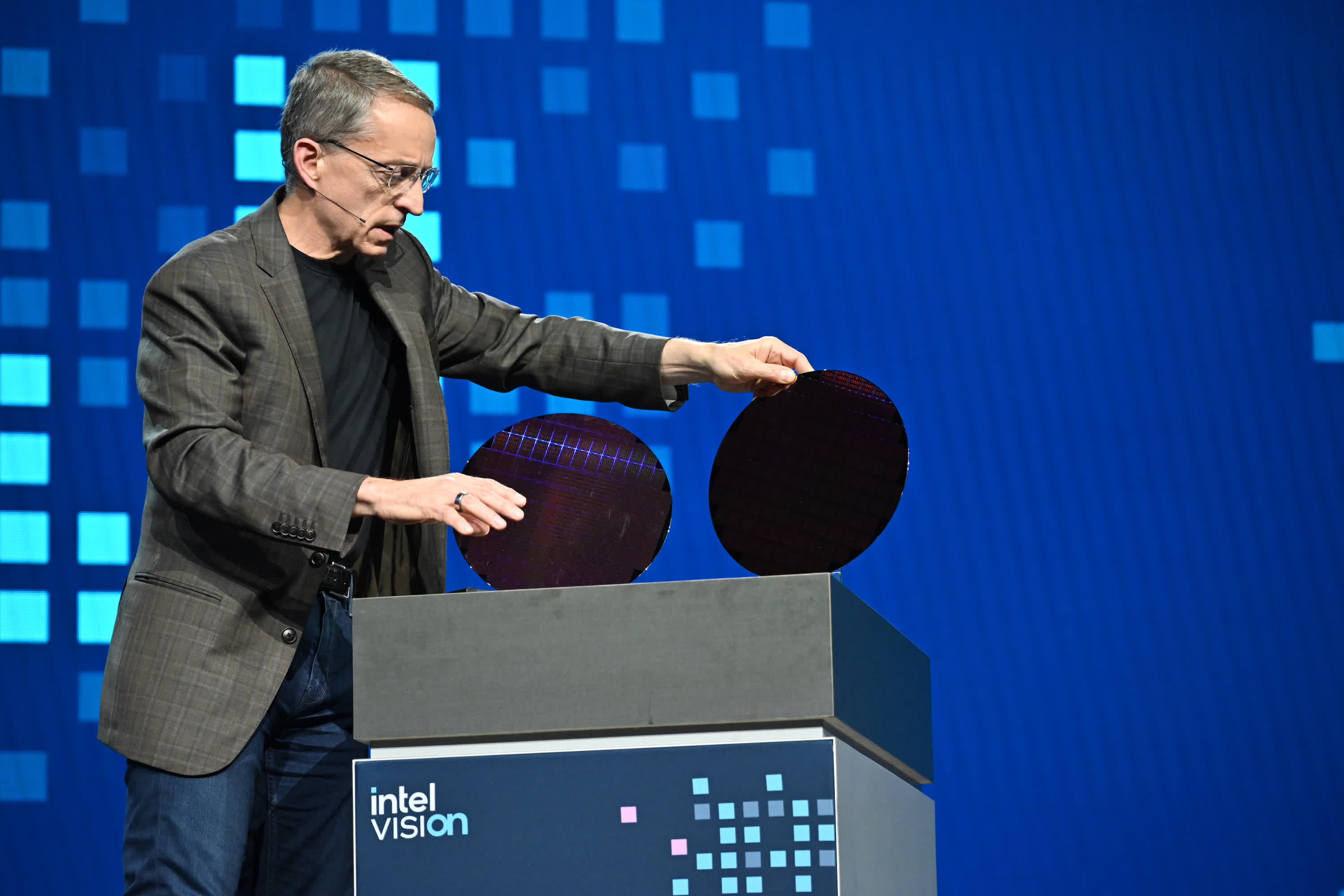In a nutshell: Pat Gelsinger's vision of transforming Intel into a chip foundry might have been a recipe for failure, but many industry experts argue that his departure was premature. TSMC founder Morris Chang has consistently questioned this strategy, suggesting that Intel could have pursued a more lucrative path by capitalizing on the booming AI market.

Taiwan Semiconductor Manufacturing Co. founder Morris Chang said Intel should have prioritized designing artificial intelligence processors rather than attempting to reclaim its leadership in process technology and transition into a contract chipmaker.
While attending the launch of the second volume of his autobiography, Chang expressed his confusion over Pat Gelsinger's departure from Intel. Like many industry analysts, he questioned whether the decision stemmed from flawed strategy or poor execution.
The relentless demand for AI chips has proven highly beneficial for the semiconductor industry. The sector is poised to end 2024 on a high note, following several consecutive months of sales growth and achieving a record-breaking monthly sales total in October.

TSMC supplies most of the world's leading-edge silicon, including Nvidia's highly sought-after artificial intelligence GPUs. For over three years, Intel has struggled to reinvent its foundry business and attract customers with key capabilities, such as advanced packaging for systems-on-chip, but with limited success.
Chang believes this approach was flawed, as it ignored the market's realities, where companies of all sizes have scrambled to acquire as much AI hardware as possible. Notably, Nvidia – despite not owning chip factories – generates tens of billions of dollars annually by selling artificial intelligence processors and is now one of the world's most valuable companies.
While Intel spends significantly more on research and development than its rivals, these resources have mostly been directed toward areas like process technology and a faltering discrete GPU business. Meanwhile, the company has deprioritized AI technologies like Gaudi and its related software ecosystem.
The situation was further complicated by Gelsinger's remarks about TSMC, which he used to promote Intel's foundry efforts. These comments soured the company's relationship with the Taiwanese semiconductor giant. In his recently released biography, Chang recalls a critical moment in the 1980s when Intel declined an offer to invest in TSMC.
Chang also noted that following Gelsinger's resignation last week, Intel's future looks more uncertain than ever. Finding a new CEO and developing a fresh strategy to turn things around will take time, a luxury that Team Blue no longer has.
TSMC founder says Intel was wrong to pursue the foundry model